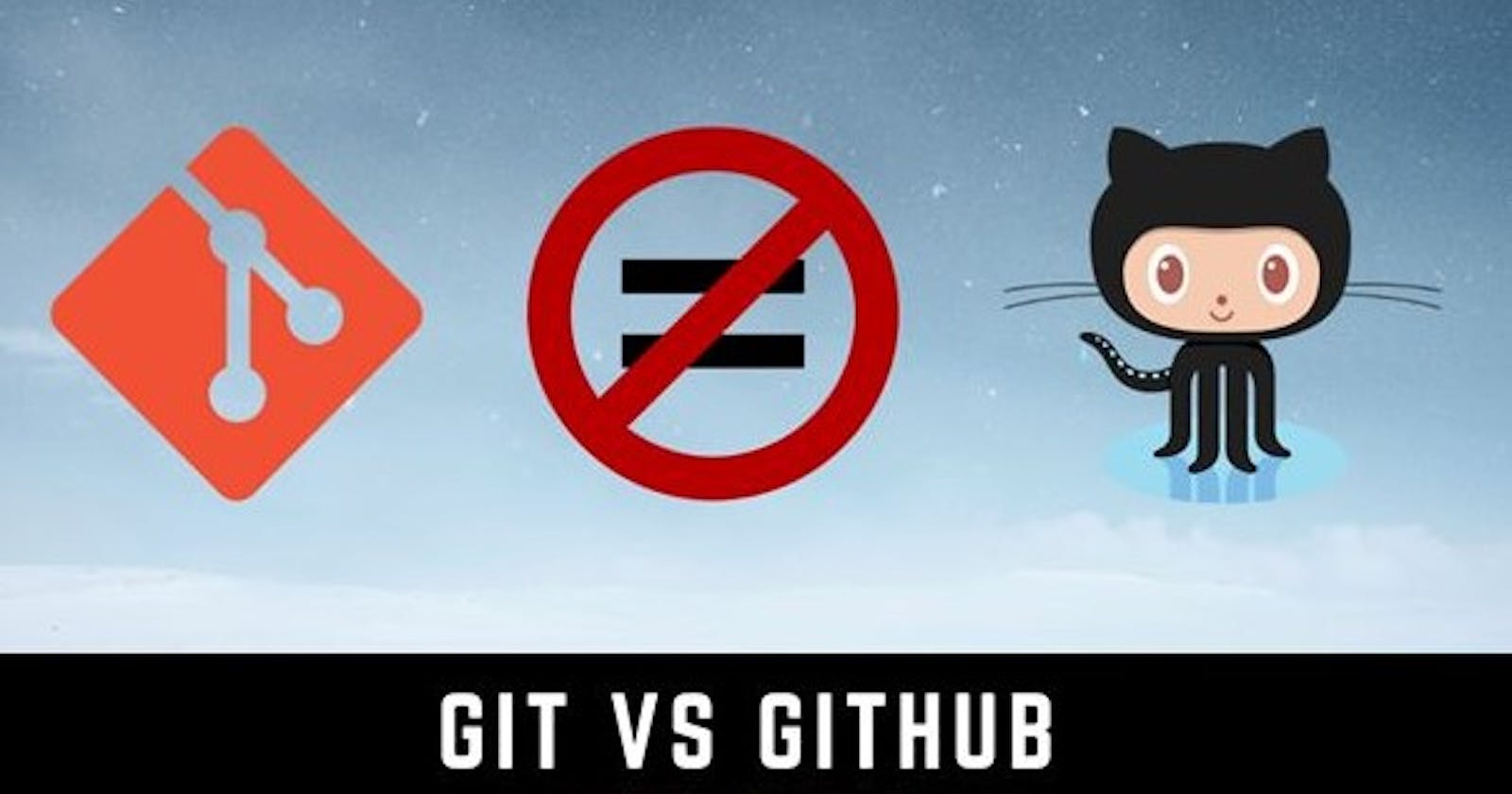Git :
A distributed version control system (DVCS) called Git that helps developers in track changes in their codebase efficiently. Linus Torvalds built it in 2005 to manage the development of the Linux kernel. Here's why Git is important:
Version control: Git enables developers to monitor changes made over time to their codebase. This makes it possible for them to compare changes, go back to previous versions, and work together efficiently.
Branching and Merging: Git allows developers to work on several features at once without affecting the main codebase by branching and merging. This encourages parallel development and makes experimenting easier.
Collaboration: Because Git is decentralized, developers can easily cooperate with one another while working offline. By guaranteeing that each user has a whole copy of the repository, it encourages collaboration and allows contributions from any location in the globe.
GitHub :
GitHub is a web-based platform built on top of Git, providing hosting services for Git repositories and additional collaboration features. Here's why GitHub is important:
Centralized Hosting: GitHub serves as a central hub for hosting Git repositories in the cloud. It provides a user-friendly interface for managing repositories, browsing code, and collaborating with others.
Collaboration Features: GitHub offers collaboration features such as pull requests, issue tracking, and project boards, which streamline the development workflow and facilitate communication among team members.
Community and Open Source: GitHub fosters a vibrant community of developers by providing a platform for sharing code, contributing to open-source projects, and discovering new technologies. It promotes transparency, inclusivity, and knowledge sharing within the developer community.
Difference Between Git and GitHub
Git :
Git is a distributed version control system (DVCS) that helps developers track changes in their codebase efficiently. It operates locally on a developer's computer and enables version control through commands executed in the terminal or command prompt.
GitHub :
GitHub is a web-based platform that provides hosting services for Git repositories and additional collaboration features. It serves as a central hub for developers to share code, collaborate on projects, and discover new technologies.
Key Differences:
Version Control vs. Hosting Platform: Git is the underlying version control system, whereas GitHub is a hosting platform built around Git. While Git manages code changes locally, GitHub provides a centralized platform for storing, sharing, and collaborating on Git repositories.
Graphical Interface: GitHub offers a user-friendly web interface for interacting with Git repositories, making it easier for developers to perform common tasks such as creating repositories, managing branches, and reviewing code changes.
Collaboration Features: GitHub includes features such as pull requests, issue tracking, and project boards, which enhance collaboration and streamline the development workflow. These features enable teams to communicate, review code, and coordinate work effectively.
Difference Between Main Branch and Master Branch
Main Branch :
The "main" branch is a newer convention used to denote the primary branch in a Git repository. It serves the same purpose as the traditional "master" branch, representing the main line of development.
Master Branch :
Historically, Git repositories used the term "master" to denote the primary branch where the main codebase resides.
Key Differences:
Semantic Change: The difference between the main branch and the master branch is primarily semantic. While "master" implies authority or control, "main" is a neutral term that avoids potential connotations related to slavery or hierarchy.
Community Adoption: The shift from "master" to "main" has gained traction within the software development community, with many projects and platforms adopting the new naming convention to promote inclusivity and diversity.
Compatibility : Both "master" and "main" branches serve the same purpose within Git repositories, representing the primary branch where the main codebase resides. Existing repositories using the "master" branch can be renamed to "main" without affecting functionality.
Conclusion
In conclusion, Git and GitHub are essential tools for modern software development, providing strong version control, teamwork features, and workflow flexibility. The move from "master" to "main" is a part of a larger initiative to encourage inclusivity and diversity in the software development community. Together, they form a powerful ecosystem for code management, collaboration, and community building.
